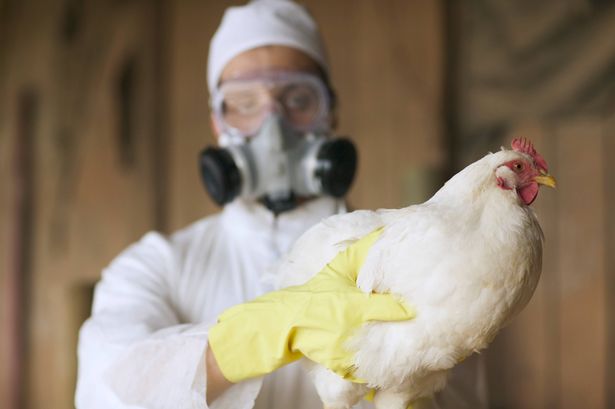A man from Washington State has died after becoming the first confirmed human case of a rare strain of bird flu, known as the H5N5 avian influenza virus. The patient succumbed after being hospitalized with severe flu-like symptoms, including high fever, respiratory distress, and confusion. His case highlights the potential risks associated with bird flu, even as human infections remain extremely rare.
According to the Washington State Department of Health, the patient was described as being “older” and having “underlying health conditions.” The exact circumstances of his infection are not fully understood, but it is known that he kept a flock of backyard poultry, which may have been exposed to wild birds. This incident marks the first documented human infection with the H5N5 strain, underscoring the ongoing threat posed by avian influenza.
Symptoms and Transmission Risks
The National Health Service (NHS) warns that symptoms of bird flu typically appear four to six days after exposure to an infected bird. Symptoms can range from mild to severe, with serious cases leading to difficulty breathing, gasping, or choking. The NHS advises individuals experiencing such symptoms to seek immediate medical attention.
While there is a significant concern about bird flu, the NHS emphasizes that human-to-human transmission is highly unlikely. The virus primarily spreads through close contact with infected birds, whether living or deceased. Outbreaks of avian influenza have recently occurred at poultry farms in regions including Norfolk, Lincolnshire, Kent, and Cumbria, raising awareness about the virus’s impact on both animal and human health.
To reduce the risk of infection, individuals are encouraged to practice good hygiene, such as washing hands thoroughly with soap and water. Those traveling to areas where bird flu is prevalent should exercise caution and avoid contact with potentially infected birds.
The recent death in Washington State serves as a reminder of the importance of monitoring animal health and being vigilant about avian influenza. While the risk to the general public remains low, authorities continue to stress the need for awareness and preparation in the face of potential outbreaks.
